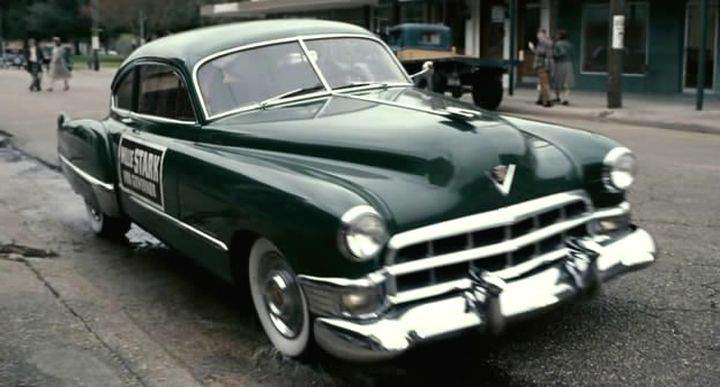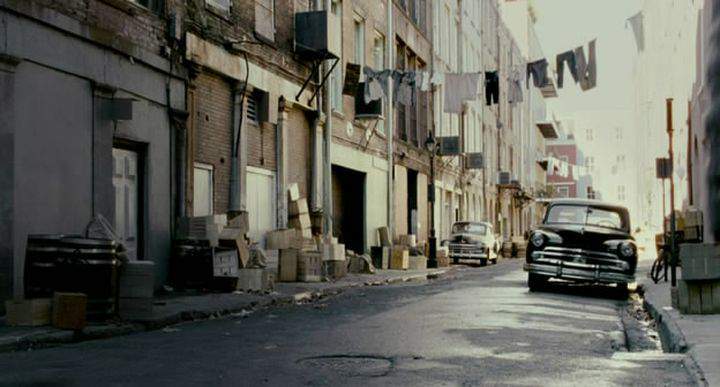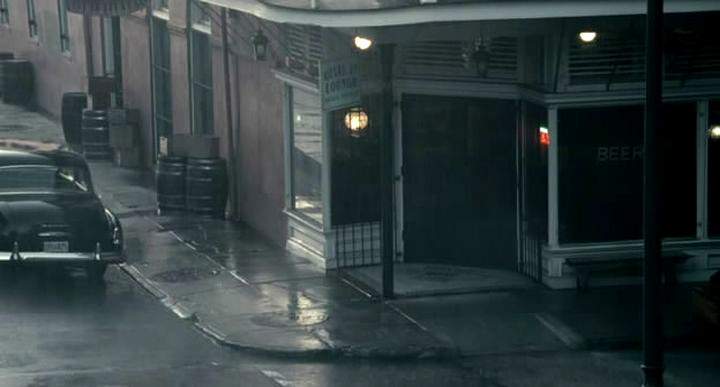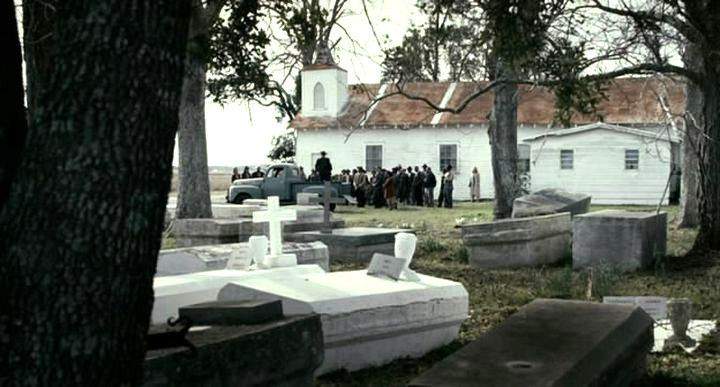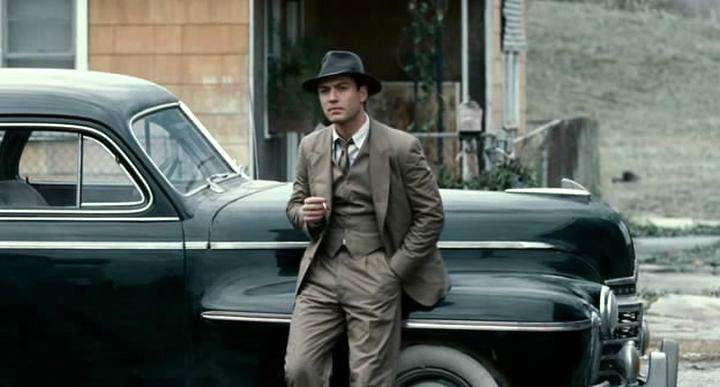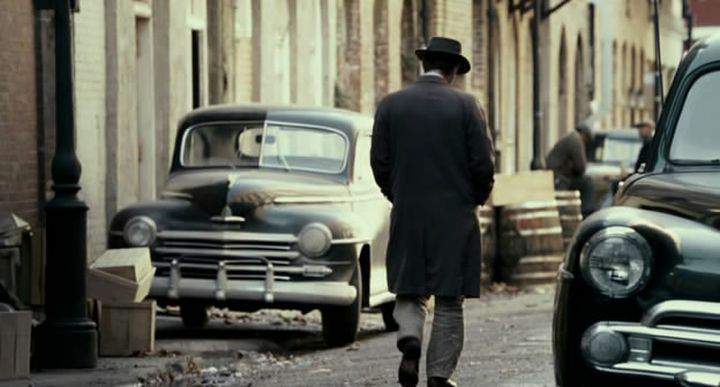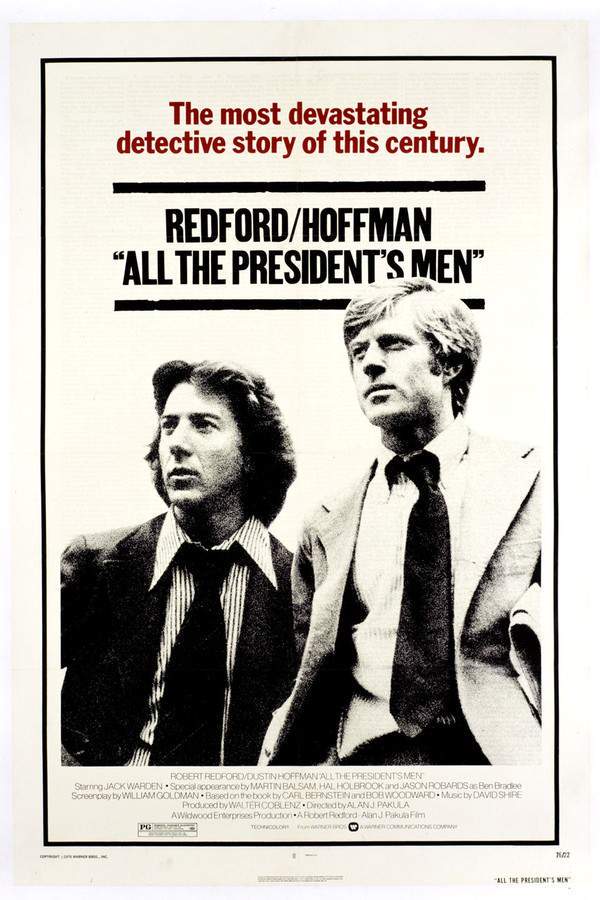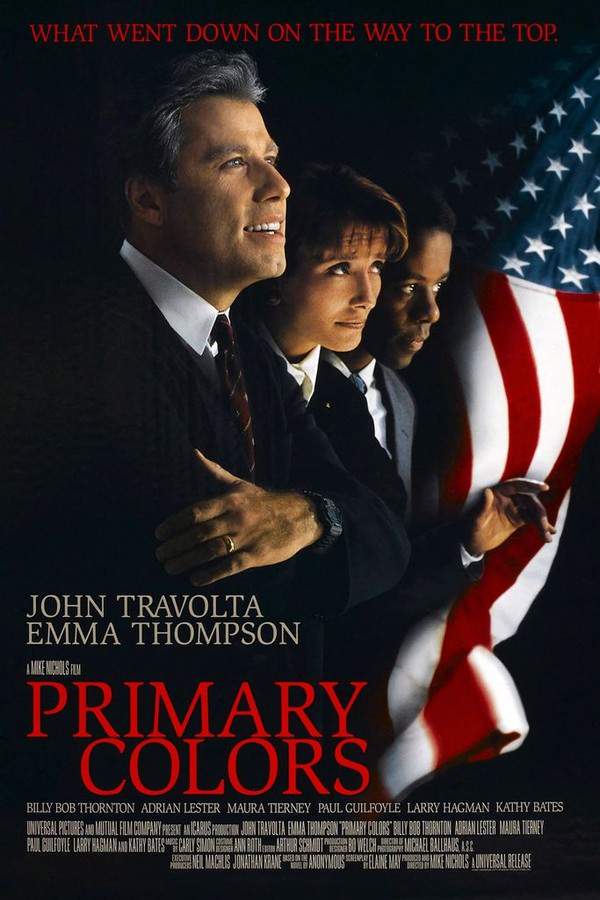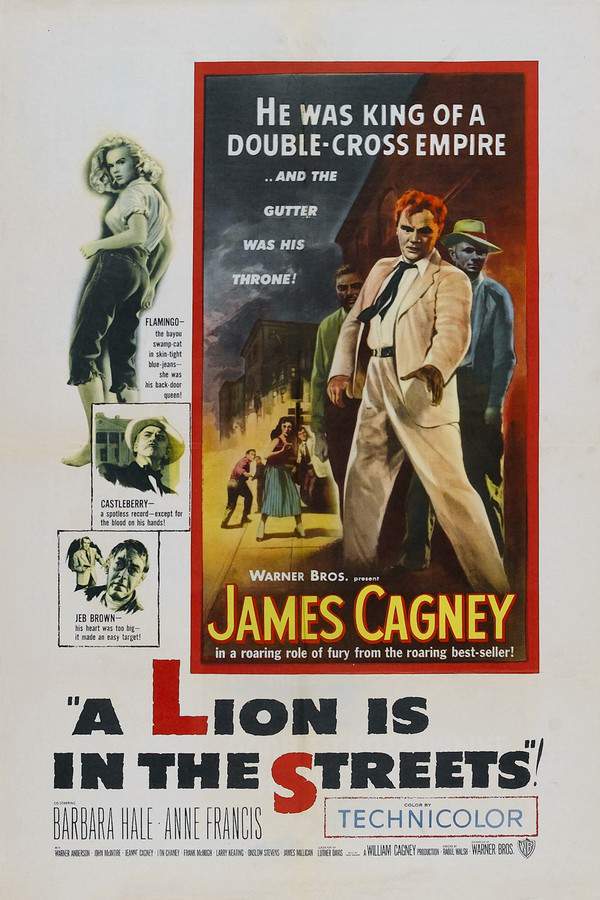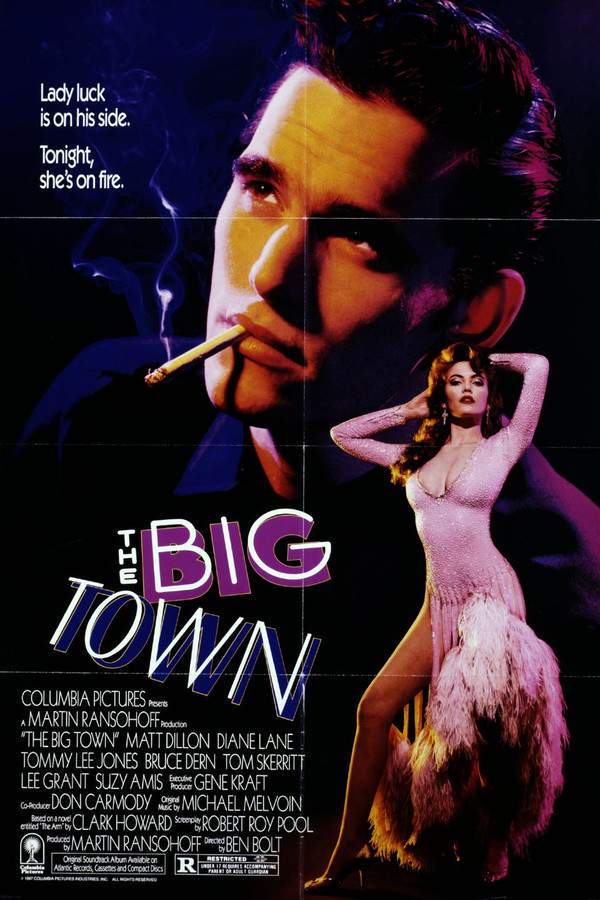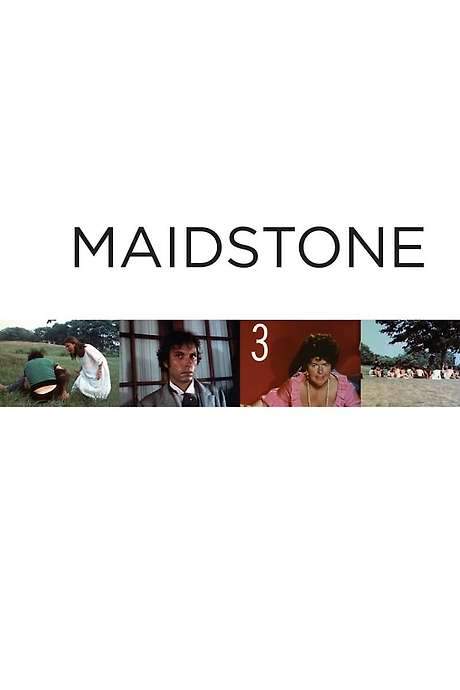All the King's Men 2006

A dynamic rural lawyer, Willie Stark, rises to prominence with the help of his devoted secretary, Sadie Burke, and journalist Jack Burden, ultimately achieving the position of governor. Once in power, he increasingly uses his charisma to consolidate control, becoming a formidable and ruthless leader. However, his insatiable ambition and relentless pursuit of power threaten to unravel his reign and destroy everything he has built.
Does All the King's Men have end credit scenes?
No!
All the King's Men does not have end credit scenes. You can leave when the credits roll.
Meet the Full Cast and Actors of All the King's Men
Explore the complete cast of All the King's Men, including both lead and supporting actors. Learn who plays each character, discover their past roles and achievements, and find out what makes this ensemble cast stand out in the world of film and television.
External Links and Streaming Options
Discover where to watch All the King's Men online, including streaming platforms, rental options, and official sources. Compare reviews, ratings, and in-depth movie information across sites like IMDb, TMDb, Wikipedia or Rotten Tomatoes.
Ratings and Reviews for All the King's Men
See how All the King's Men is rated across major platforms like IMDb, Metacritic, and TMDb. Compare audience scores and critic reviews to understand where All the King's Men stands among top-rated movies in its genre.

37
Metascore
6.7
User Score

58
%
User Score
Take the Ultimate All the King's Men Movie Quiz
Challenge your knowledge of All the King's Men with this fun and interactive movie quiz. Test yourself on key plot points, iconic characters, hidden details, and memorable moments to see how well you really know the film.
Political Intrigue in All the King's Men: Test your knowledge of the complex political dynamics and character relationships in 'All the King's Men' (2006).
Who plays the role of Jack Burden?
Jude Law
Sean Penn
James Gandolfini
Mark Ruffalo
Show hint
Full Plot Summary and Ending Explained for All the King's Men
Read the complete plot summary of All the King's Men, including all major events, twists, and the full ending explained in detail. Explore key characters, themes, hidden meanings, and everything you need to understand the story from beginning to end.
In the tumultuous era of the 1950s, Jack Burden, portrayed by Jude Law, finds himself intricately woven into the political fabric of Louisiana as a news reporter. His journey takes a significant turn when he develops a deep interest in Willie Stark, played by Sean Penn, an ambitious yet idealistic small-town lawyer from Mason City who also serves as the parish treasurer. The story unfolds as Stark tries to raise funds for a new school in their community, which leads him to a critical confrontation with corruption when Burden’s newspaper assigns him to look into potentially dubious practices surrounding the school project. Stark reveals to Burden that the local board’s decisions had cost the state a staggering $33,000 due to their preference for a favored contractor over the lowest bid, which was aligned with the use of African American labor—a matter the board seemed determined to overlook.
As Stark’s public stance against corruption escalates, it unfortunately results in his political downfall, thwarting his ambitions and causing his wife, Lucy Stark, played by Talia Balsam, to lose her teaching job. The plot thickens as Tiny Duffy, a local political leader and friend to Burden, encourages Stark to pursue a campaign for governor, an effort Duffy backs in hopes of securing his own influence by manipulating Stark’s rise. Burden’s nobility and moral grounding, honed by his upbringing under his godfather, Judge Irwin, portrayed by Anthony Hopkins, come into play as he navigates this complex political landscape, while also being enmeshed in his own feelings for Anne Stanton, played by Kate Winslet, the sister of his childhood friend Dr. Adam Stanton, who is also a significant figure in this web of vengeance and ambition.
In a remarkable twist, Burden embarks on an adventurous journey as he documents Stark’s gubernatorial campaign, discovering the depths of political manipulation. The astute Burden soon realizes that Duffy aims to split the vote, allowing the opposing party an advantage. With this newfound insight, Stark pivots his campaign style, delivering speeches filled with raw emotion that galvanizes the public’s ire toward the ruling elite. As Stark starts to resonate with the common man, he succeeds in winning the governorship, cleverly placing Duffy in the role of lieutenant governor to maneuver around potential scrutiny.
However, Stark’s clash with the elite doesn’t subside easily—the Senate, largely controlled by powerful industrialists opposed to Stark’s vision for reform, stirs unrest as he looks to raise taxes on oil to fund crucial infrastructure projects for the underserved. Burden finds himself in the position of defending Stark’s revolutionary proposals against critics like Irwin, who is intent on unseating Stark and leveraging every available controversy against him. As political tensions rise, Stark’s charisma and promises of prosperity eventually lead to successes in his administration, which only intensifies the opposition’s efforts to oust him through allegations of graft and corruption.
In an intricate dance of betrayal and power, Stark’s Machiavellian approach to governance evolves, using schemes and favoritism to fortify his power. The personal stakes escalate dramatically as Burden discovers chilling truths about Irwin’s past, unveiling a history of unethical behavior—a mirror reflecting the very sins he accuses Stark of. During this perilous political chess game, Stark’s affairs entangle him even further, crossing personal boundaries that lead Adam Stanton down a dark path of revenge when he learns of Stark’s betrayal with Anne.
Ultimately, the race for power culminates in a tragic assassination, underlining a complex narrative filled with ambition, betrayal, and family ties, where everyone must grapple with their loyalties and the consequences of power. Burden’s revelations about his own lineage stir feelings of guilt and complicity as the fallout from the political upheaval brings chaos to the forefront. In a heart-wrenching finale, where betrayal bears deadly consequences, the story weaves a tapestry of ambition and moral decay that echoes the tumultuous 1950s political landscape.
Uncover the Details: Timeline, Characters, Themes, and Beyond!

Coming soon on iOS and Android
The Plot Explained Mobile App
From blockbusters to hidden gems — dive into movie stories anytime, anywhere. Save your favorites, discover plots faster, and never miss a twist again.
Sign up to be the first to know when we launch. Your email stays private — always.
Watch Trailers, Clips & Behind-the-Scenes for All the King's Men
Watch official trailers, exclusive clips, cast interviews, and behind-the-scenes footage from All the King's Men. Dive deeper into the making of the film, its standout moments, and key production insights.
Cars Featured in All the King's Men
Explore all cars featured in All the King's Men, including their makes, models, scenes they appear in, and their significance to the plot. A must-read for car enthusiasts and movie buffs alike.
All the King's Men Themes and Keywords
Discover the central themes, ideas, and keywords that define the movie’s story, tone, and message. Analyze the film’s deeper meanings, genre influences, and recurring concepts.
All the King's Men Other Names and Titles
Explore the various alternative titles, translations, and other names used for All the King's Men across different regions and languages. Understand how the film is marketed and recognized worldwide.
Similar Movies To All the King's Men You Should Know About
Browse a curated list of movies similar in genre, tone, characters, or story structure. Discover new titles like the one you're watching, perfect for fans of related plots, vibes, or cinematic styles.
Quick Links: Summary, Cast, Ratings, More

What's After the Movie?
Not sure whether to stay after the credits? Find out!
Explore Our Movie Platform
New Movie Releases (2026)
Famous Movie Actors
Top Film Production Studios
Movie Plot Summaries & Endings
Major Movie Awards & Winners
Best Concert Films & Music Documentaries
Movie Collections and Curated Lists
© 2026 What's After the Movie. All rights reserved.




















